With an interdisciplinary team having a strong background in both theory and practice, we have a wealth of experience in the field of software development and IT project management and are proud to contribute to the advancements of scientific and applied machine learning. We take pride in never losing sight of our customers' goals and attach great importance to designing projects from the outset in such a way that both time and budget constraints are met. Some of our employees contribute remotely from other European countries, but most of us work in our modern office in the heart of Berlin.
We are pleased that our team members regularly contribute to various scientific papers - see a list here.
Our view is that the inflation of existing blackbox solutions on the market is suited only for a subset of the tasks that process automation faces today. This is why we focus on tailoring AI solutions to specific use cases, with a focus on deep technical details and robust deployment.
Dr. Lorenz Richter
CTO & Co-founder
Our Team
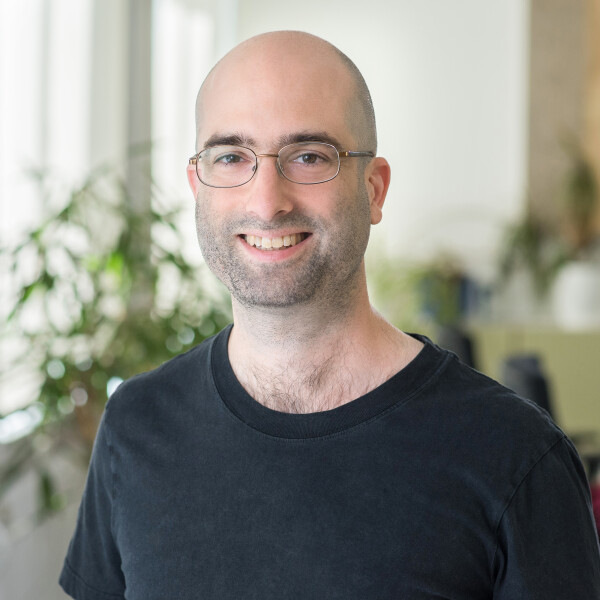
Rustam Antia (PhD)
Intermediate
Pytorch, Keras, Reinforcement Learning, Functional ProgrammingExpert
Python, Deep Learning, Derived Algebraic Geometry, Analytical Problem SolvingAfter his studies of mathematics with a minor in theoretical physics at the Goethe University of Frankfurt Rustam honed his analytical problem solving skills completing a PhD at the University of Texas at Austin where he did research in derived algebraic geometry. Looking for new challenges in the real-world he turned to machine learning. At dida he now specializes in deep learning and in particular computer vision.

Nicole Arndt
Nicole brings her passion for efficient workflows and extensive experience in Quality Management from the E-Commerce sector into the realms of personnel and office management. Her interdisciplinary studies in Culture and Technology provide the foundation for a versatile approach to addressing operational challenges.

Bela Baganz
Organizational and behavioral psychology have been Bela’s main interests since he started studying psychology. His working method is driven by the idea of combining scientific standards and advances with their applicability in the real world. As a working student at dida, he realizes this approach and supports in all areas of personal and organizational development.
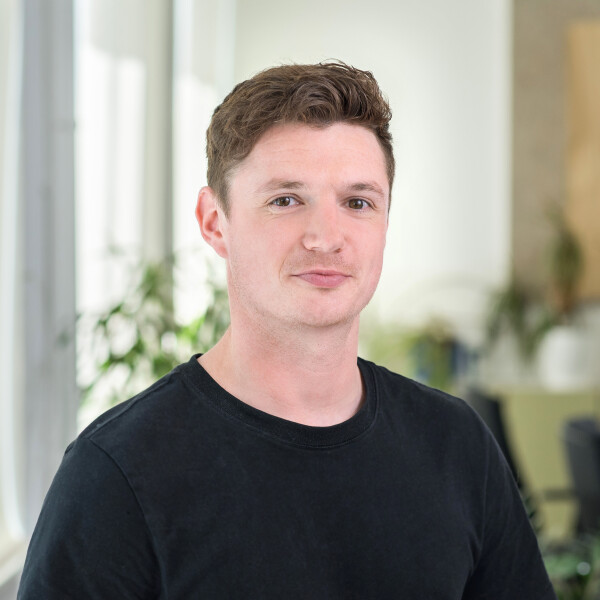
David Berscheid
Intermediate
Python, R, Computer Vision, NLP, SQLExpert
Angular, Javascript, NosqlSince his Master studies in business administration at HU Berlin, David’s focus has always been on working with technological products and services. Typically, on the interface of development and management, before joining dida, he gained experiences as a data scientist. Now he is supporting the dida machine learning team in gaining visibility and obtaining exciting projects.
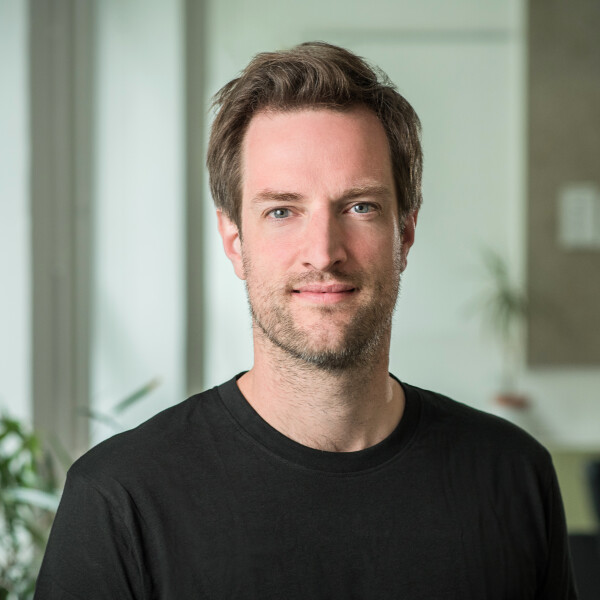
Axel Besinger
Intermediate
C, Javascript, Computer VisionExpert
Product Development, Business ModelsAxel is a skilled product professional who excels in developing and launching innovative software solutions to solve complex business problems. With extensive experience in both product management and business development, he has a proven track record of leading cross-functional teams and driving growth for B2B SaaS companies. He holds a Master’s degree in Digital Media Technology from TU Ilmenau, providing him with a well-rounded understanding of both the technical and business aspects of product development.
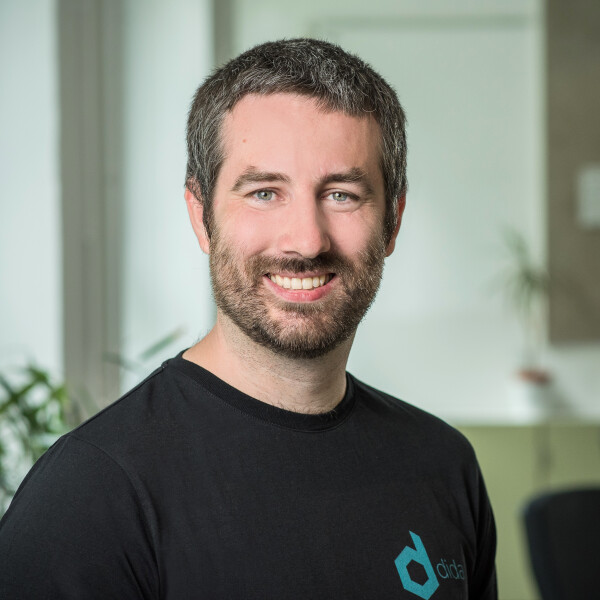
Mark Bugden (PhD)
Intermediate
Computer Vision, Optimization, TensorflowExpert
Mathematical Modelling, Python, Deep Learning, PytorchMark has a background in mathematics and physics, completing his PhD in String Theory and higher-dimensional black holes (Australian National University, Canberra). During postdocs in the Czech Republic (Charles University, Prague) and Germany (Max Planck Institute, Konstanz), he developed an interest in, and experience with, neural networks and machine learning. At dida he works as a Machine Learning Scientist, bridging the gap between theoretical and practical.

Yana Chekan
Intermediate
NLP, StatisticsExpert
Python, Computer ScienceYana is a business informatics student at TU Berlin where she developed a keen interest in statistics which, combined with her enthusiasm for languages, led her to Natural Language Processing at dida. Alongside with her job at dida Yana is teaching Technical Foundations of Computer Science at the university.
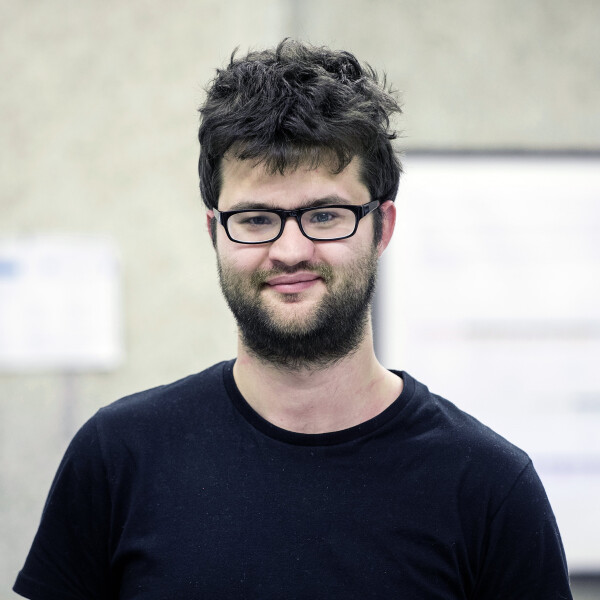
William Clemens (PhD)
Intermediate
Numerical Optimization, Computer Vision, Shell Scripting, RExpert
Cuda, C++, Torch, Tensorflow, Deep Learning, Python, Mathematical StatisticsWill developed his mathematical and coding skills during his studies in theoretical physics at Warwick and Cambridge Universities. Before joining dida, he did his PhD in string theory and quantum chromodynamics at the University of Southampton. Currently, Will specializes in computer vision.
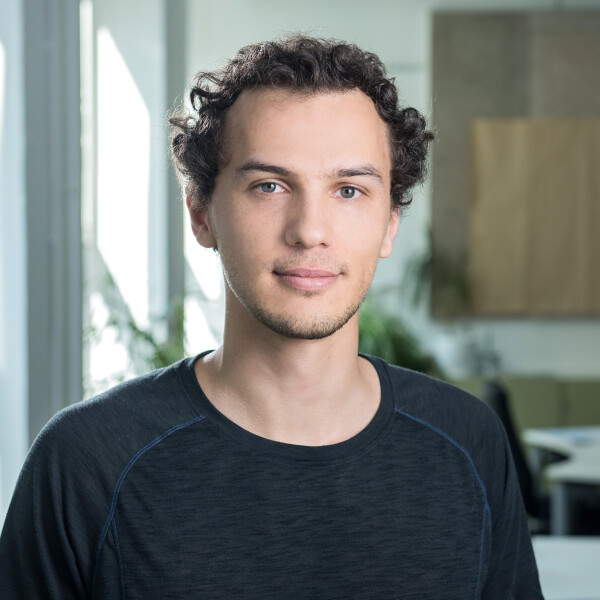
Fabian Dechent
Intermediate
C, C++, Linux, MATLAB, Java, Deep Learning Theory, CudaExpert
Python, Monte Carlo Simulation, Time Series AnalysisWhile studying theoretical physics at the Humboldt University of Berlin, Fabian specializes in numerical simulation and machine learning tools, as well as their applicability for quantitative physics problems. As a scientific assistant at the Max-Planck Institute of Light, he has gathered experience in applying these techniques to simulation data of a quantum optical hardware setup. Being particularly interested in mathematical insight and explainability, at dida he supports the machine learning team.

Arne Doll
After graduating in psycholinguistics, Arne gained experience in various management and leadership positions. He can look back on many years of work experience in various industries (IT, automotive, insurance, banking) with small and medium-sized companies as well as corporations. With his passion for successful communication, Arne always looks for the best solution to current challenges depending on the situation and context. He loves working with people, both on the customer side in his role as Key Account Manager, as well as dida internally in the further development of our teams and the organization as a whole.

Carmen Escarrer
Intermediate
BlenderExpert
Adobe Creative SuiteCarmen is a design and digital creation student at UOC (Universitat Oberta de Catalunya). With a keen eye for detail and a strong interest in Machine Learning, at dida Carmen collaborates with the Marketing Team to create compelling visuals.

Mariangela Rita Filardi
Intermediate
Three.js, PythonExpert
Javascript, React, Framer Motion, UX, UIWith a background in translation and a fresh passion for coding, Mariangela brings a unique perspective to front-end development. Adhering to key principles of front-end development, such as responsive layouts, smooth user interactions, and accessibility, she actively contributes to ensuring each project is executed with precision. Mariangela is committed to reshaping how users interact with our software, emphasizing both functionality and an enjoyable journey.

Liel Glaser (PhD)
Intermediate
Python, C, Large Language Models, Deep Learning, Machine LearningExpert
Monte Carlo Simulations, Quantum GravityLiel wrote their PhD in theoretical Physics, at the Niels Bohr Institute in Copenhagen, and subsequently spent many years moving around Europe as a Postdoc. In this time they worked on different problems in quantum gravity, always using computer simulations to understand the behavior of the model. Now, Liel decided to change tracks and is excited to explore machine learning and solve real world problems.
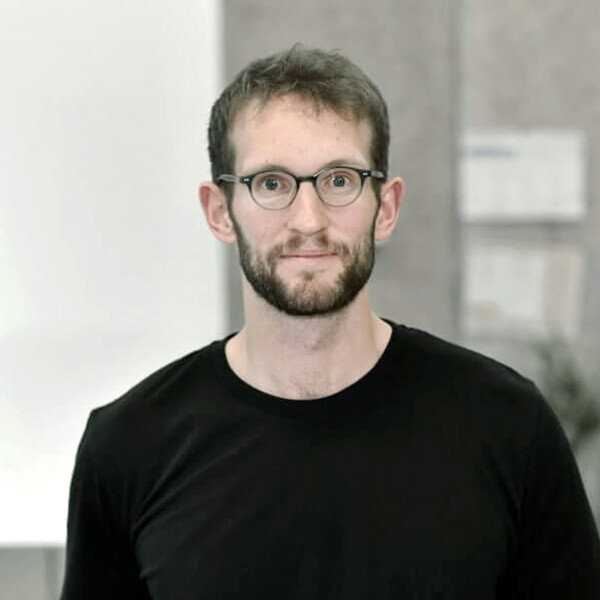
Fabian Gringel
Intermediate
Java, Python, NLPExpert
Mathematical Modeling, Optimization, Physical SimulationsDue to his studies of mathematics and philosophy (HU Berlin, Uni Bochum) combined with his interest in foreign languages, Fabian is naturally attracted to projects in the field of computational linguistics. Before joining dida, Fabian dealt with physical simulations at Max Planck Institute for iron research and at TU Berlin.
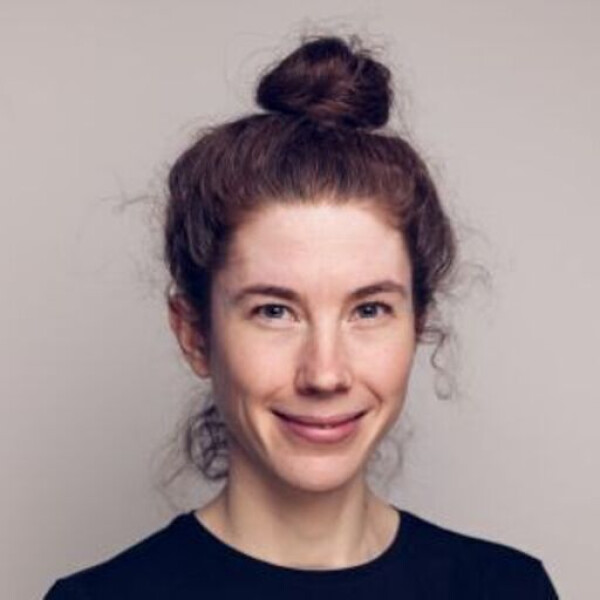
Eva Höning (PhD)
Intermediate
Python, Machine / Deep LearningExpert
Analytical Problem SolvingAfter completing her PhD in algebraic topology at Université Paris 13, Eva was a postdoc at the Max Planck Institute in Bonn and in the Netherlands.
Looking for interesting applications in the real world, Eva got into machine learning. At dida, she now works as a Machine Learning Scientist.
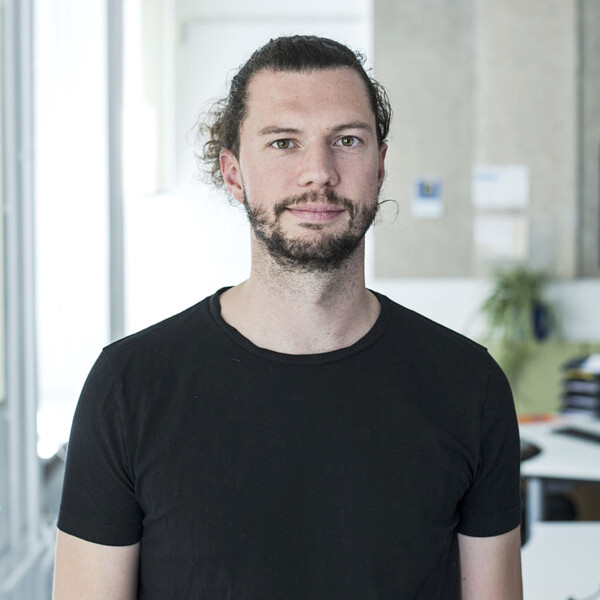
Philipp Jackmuth
Intermediate
Numpy, Scipy, RExpert
Python, SQL, Pandas, Data Analysis, Regression ModelsPhilipp advises our customers on which processes to automate. He makes sure that the value-add of the project materializes as planned. Before founding dida, the statistician (TU Berlin) was part of the management team which grew Beko Käuferportal GmbH from a small startup to 300+ employees.

Yan Yan Lau
Intermediate
R, Pytorch, Numpy, StochasticsExpert
Python, MATLABDuring her study of maths and computer science at Saarbrücken, Yan Yan discovered her interests in machine learning and stochastics. Fascinated by the rigorous beauty of maths and intrigued by the hidden patterns behind phenomena, she finds machine learning a field where her passion is realized. At dida, she supports the machine learning team in computer vision tasks.

Julius Lauenstein
As a graduate in engineering and business (M.Sc., RWTH Aachen), Julius bridges the gap between technology and its application. Julius has several years of management experience in tech companies and coordinated a funding program for technology spin-offs for a university association. At dida, Julius develops the business field “Public Sector”.
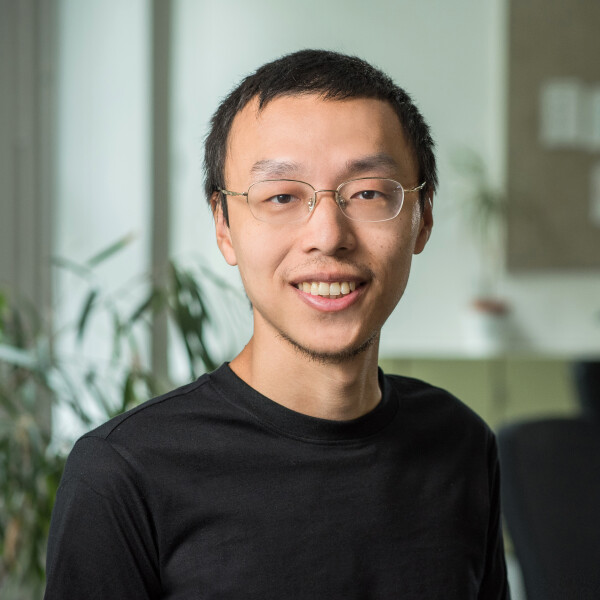
Ma Li (PhD)
Intermediate
Python, Deep Learning, C, Computer VisionExpert
Number Theory, Analytical Problem Solving, CAfter receiving his PhD from University Paris VI, Ma Li worked for several years as a number theorist at Bielefeld University. He gradually turned his interest to areas with more real-world applications and is now pursuing a career in Deep Learning.
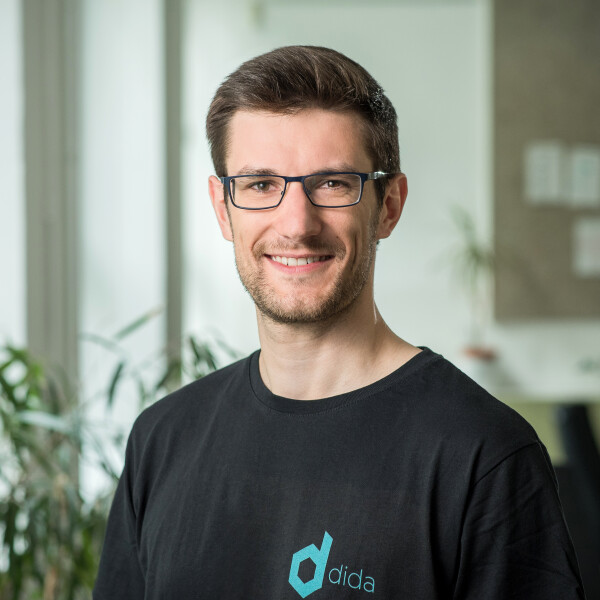
Jan Macdonald (PhD)
Intermediate
Julia, Pandas, Tensorflow, KerasExpert
Python, Pytorch, Deep Learning, Inverse Problems, Image ProcessingDuring his studies in mathematics (TU Berlin) Jan focussed on applied topics in optimization, functional analysis, and image processing. His doctoral studies (TU Berlin) explored the interplay between theoretical and empirical research on neural networks. This resulted in his PhD thesis investigating the reliability of deep learning for imaging and computer vision tasks in terms of interpretability, robustness, and accuracy. At dida he works as a Machine Learning Researcher at the interface of scientific research and software development.
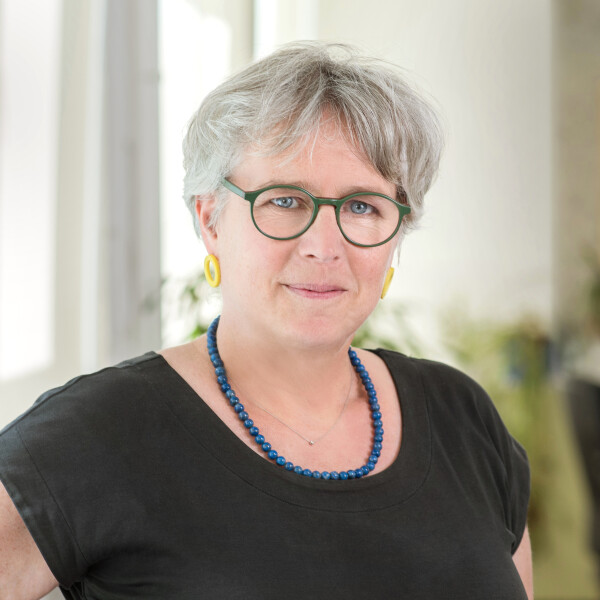
Kirsten Matthias
After working for several years at Scientific Publishing Houses (Springer Verlag, de Gruyter, here: Purchase, Production, Online Producing), Kirsten worked in the accounting and tax department for 11 years. A main interest of hers is the automation of accounting processes, where she can rely on her experiences as an application developer (Electronic Publishing). She sees accounting as data processing out of multiple sources rather than as the result of multiple single steps.
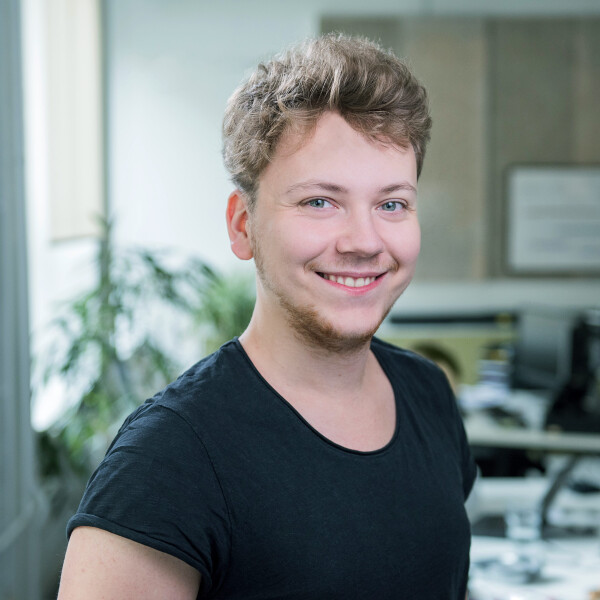
Lorenzo Melchior
Intermediate
Bash, C, C++, GO, JavaExpert
Python, Linux, GCP, DockerDuring his studies in mathematics and computer science [FU Berlin], Lorenzo found his passion for machine learning and statistics. He is experienced in image recognition, regression problems and in working with time series data. His dev-ops skills earn him regular praise by his collegues.
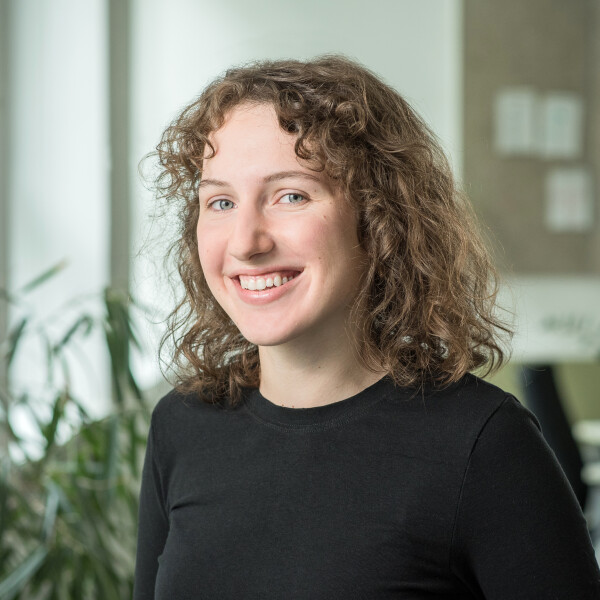
Iaroslava Novoselova
Intermediate
PythonExpert
CIaroslava is a computer science student at TU Berlin with a keen interest in machine learning, particularly in the field of natural language processing. Alongside her studies, she supports the machine learning team at dida.

Ksenia Nuykina
Intermediate
Market Research, Market Analysis, Leadership, Team Management, Prototyping, Business Model DevelopmentUpon completing her Bachelor’s degree, with her thesis focusing on AI decision-making in crisis management, Ksenia pursued further education in the Master of Innovation and Entrepreneurship program at IU International University of Applied Sciences in Berlin. Ksenia’s motivation and passion for making a meaningful contribution in business development, market analysis, and customer outreach are being strengthened at dida. She is excited about actively engaging and making significant contributions to the fields of AI and ML marketing promotion, harnessing her expertise and skills to fuel innovation and entrepreneurial endeavors.
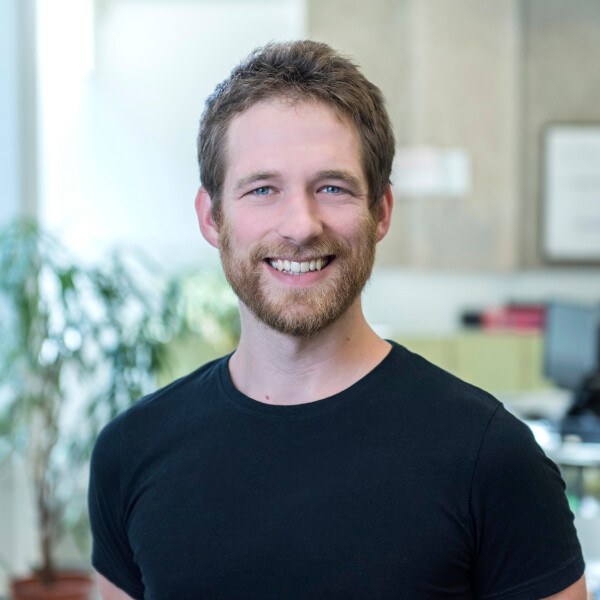
Marty Oelschläger (PhD)
Intermediate
Pytorch (lightning), NLP, Computer Vision, Fortran, C++, CExpert
Python, Nonequilibrium Physics, Asymptotic Methods, Perturbation TheoryDuring their studies in physics (HU Berlin) Marty investigated optimization and inverse problems, utilizing Python and Fortran. In their PhD thesis (Max Born institute) they focused on fluctuation-induced phenomena, where they investigated the interplay of classical and quantum statistics. During this time they gained experience in code development and design in C, C++, and Python and developed interest in machine learning. After their PhD they focused on Deep Learning and works at dida in the role as ML Scientist as well as Project Lead and Project Manager.
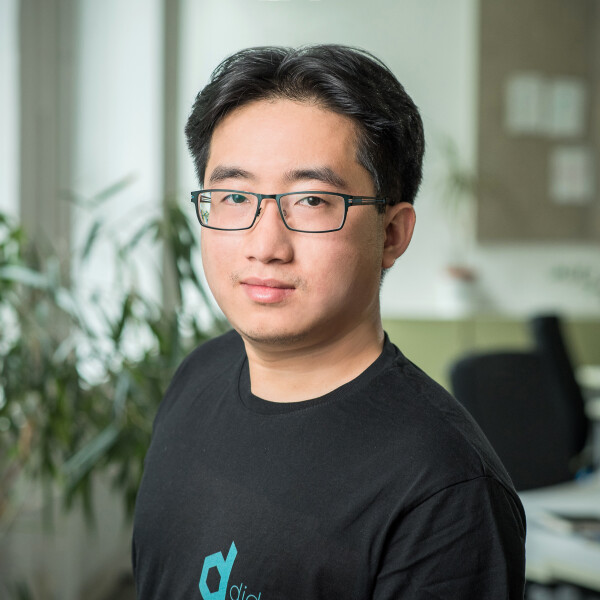
Thanh Long Phan
Intermediate
Pytorch, NLP, Computer Vision, MatplotlibExpert
Tensorflow, Python, Numpy, Pandas, Functional AnalysisDuring his studies of mathematics (HU Berlin) with a focus on differential geometry and functional analysis, Long developed his passion for programming. In his Master thesis he focused on Image Processing, where he investigated the existence of a solution for a minimization problem. In the process, he discovered his interest in machine learning.
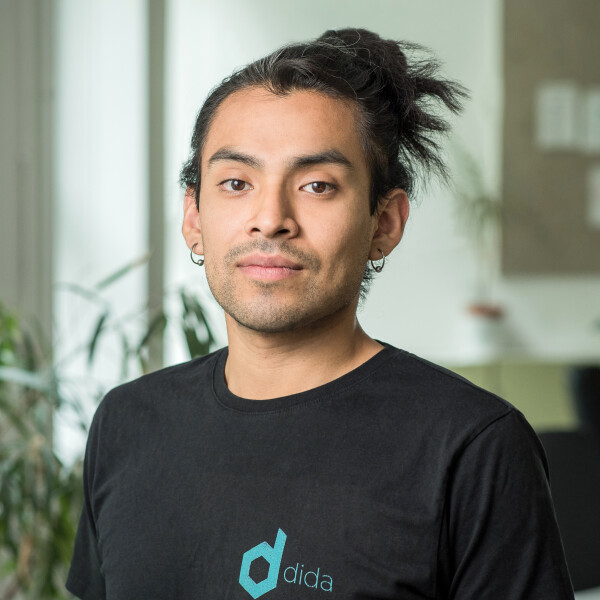
Pier Giorgio Rayme
Intermediate
Coq/agda, Topological Data AnalysisExpert
Python, NLP, Topology, LogicPier studied mathematics in Bologna and Bonn and graduated with a thesis in homotopy theory. His interest in philosophy of language as well as topological data analysis (TDA) led him to investigate the mathematical foundations of machine learning and interesting applications of TDA to NLP. Besides working at dida, he is pursuing a second master’s degree in Cognitive Systems in Potsdam.
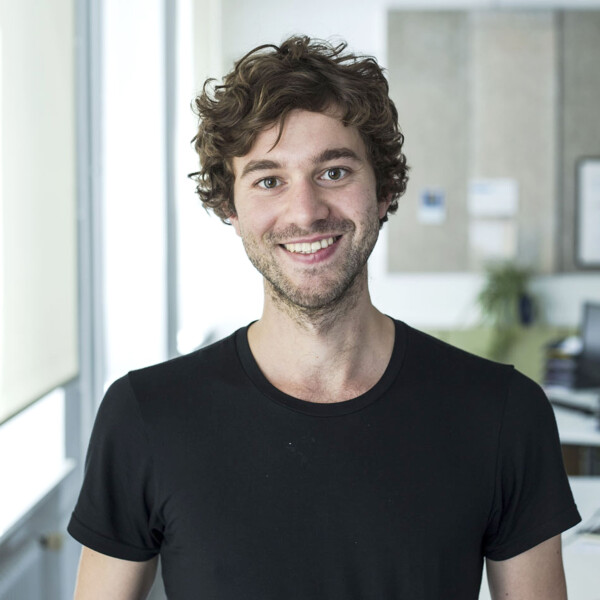
Lorenz Richter (PhD)
Intermediate
R, Non Convex Optimization, Computer VisionExpert
Statistical Learning Theory, Deep Learning, Python, Mathematical Statistics, Julia, TensorflowWith an original focus on stochastics and numerics (FU Berlin), the mathematician has been dealing with deep learning algorithms for some time now. Besides his interest in the theory, he has practically solved multiple data science problems in the last 10 years. Lorenz leads the machine learning team.
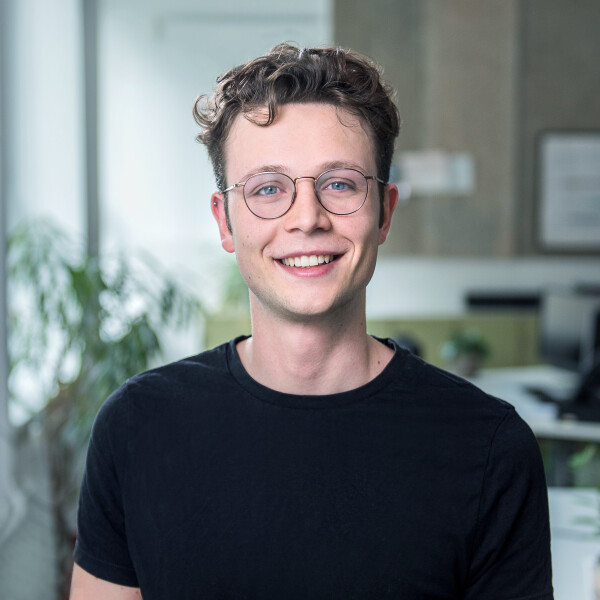
Emilius Richter
Intermediate
Tensorflow, SQL, Javascript, PytorchExpert
Python, Deep Learning, Bayesian Inference, Brain Modeling, Simulation Based InferenceDuring his studies of physics (FU Berlin) Emil developed his passion for machine learning, computational neuroscience and medical engineering. In his master thesis at Charité Berlin, he developed Bayesian Inference methods for whole-brain models and simulations. At dida he supports the sales team in the acquisition of new ML projects and strategic research collaborations.
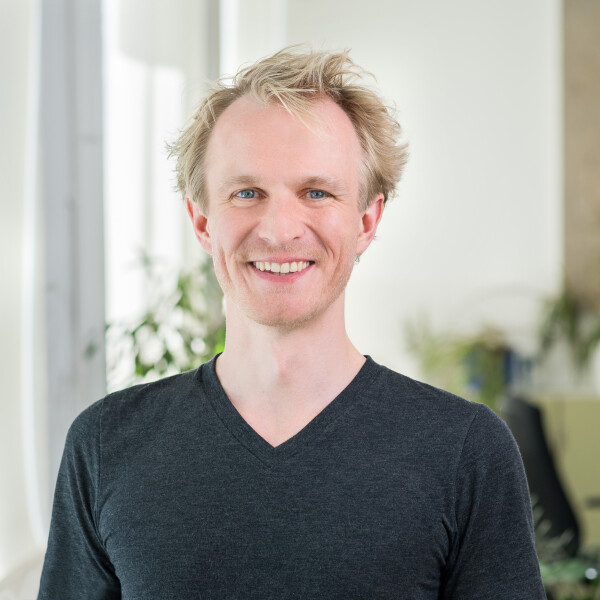
Jakob Scharlau
Intermediate
Pytorch, NLP, HaskellExpert
Python, Computer Vision, Theoretical Physics, Quantum Information TheoryJakob studied Theoretical Physics (Uni Heidelberg) and worked on the intersection of quantum information theory and thermodynamics. He then discovered his enjoyment of programming and his interest in machine learning. At dida, he works in computer vision and with time series data from production processes.
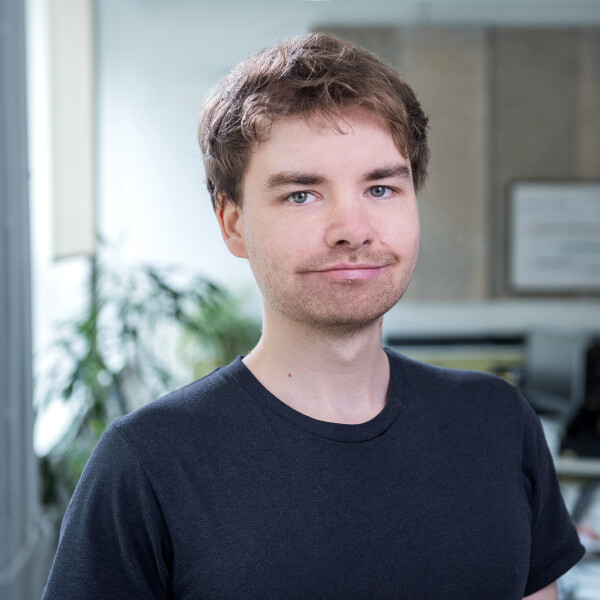
Konrad Schultka (PhD)
Intermediate
NLP, Computer Vision, Optimization, TensorflowExpert
Probability Theory, Python, Deep Learning, PytorchKonrad cultivated his mathematical modeling skills while studying at HU Berlin. A graduate scholarship from Berlin Mathematical School led him to investigate the mathematical foundations of quantum fields. After transitioning from the quantum to the classical world, his interests have shifted to the analysis of probabilistic models and deep neural networks.
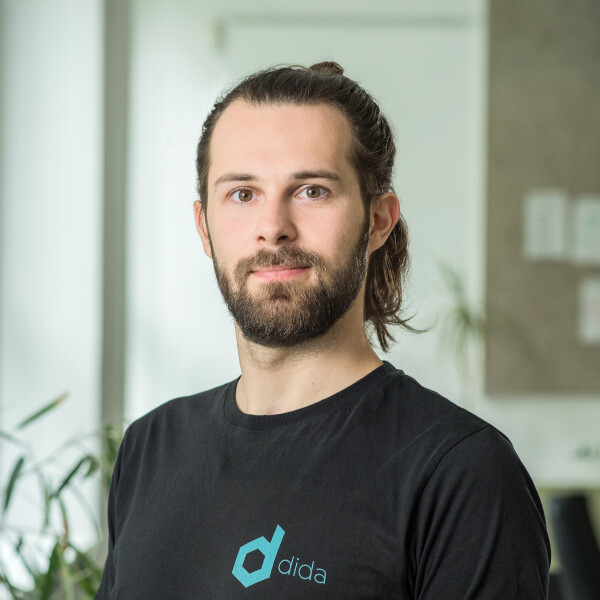
Anton Shemyakov
Intermediate
Deep Learning, Software Engineering, Cloud PlatformsExpert
Python, Tensorflow, Explainable AI, Computer VisionAnton is fascinated by the breakthroughs of Representation Learning and is passionate about driving AI innovation for common good. Having a broad profile, Anton has interest in latest research, recognizes the importance of building robust machine learning systems and keeps an eye on business requirements.

Ilia Shestakov
Intermediate
PythonExpert
UI, UX, Javascript, Vue.jsIlia has a background in physics and additional profound knowledge in data analysis and web development. At dida, he is responsible for the front-end infrastructure of our software products. Following key principles of frontend development such as responsive and intuitive design, accessibility, and high performance, he strives to create an ideal user experience.
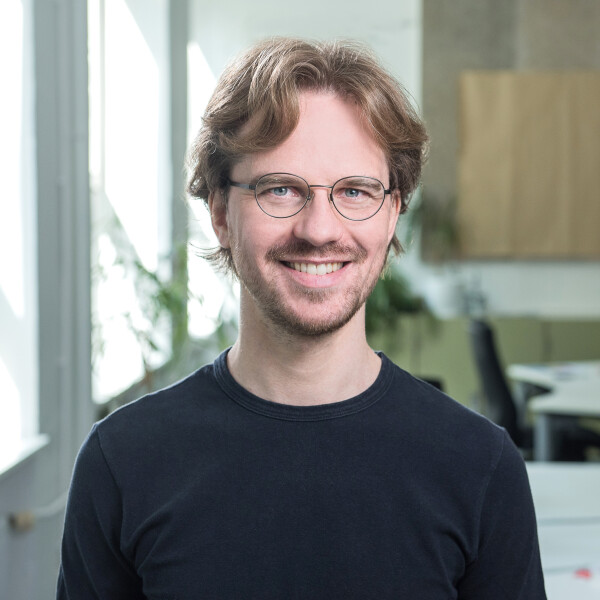
Augusto Stoffel (PhD)
Intermediate
Tensorflow, Clojure, Java, Statistical Learning, Computer Vision, NLPExpert
Python, Numpy, Geometry and Topology, Category TheoryAugusto studied computer engineering in Brazil and holds a PhD in mathematics (University of Notre Dame, USA). Before joining dida, he was a postdoc in Bonn and Greifswald, doing research in the field of algebraic topology and its application as a foundation of quantum field theory.
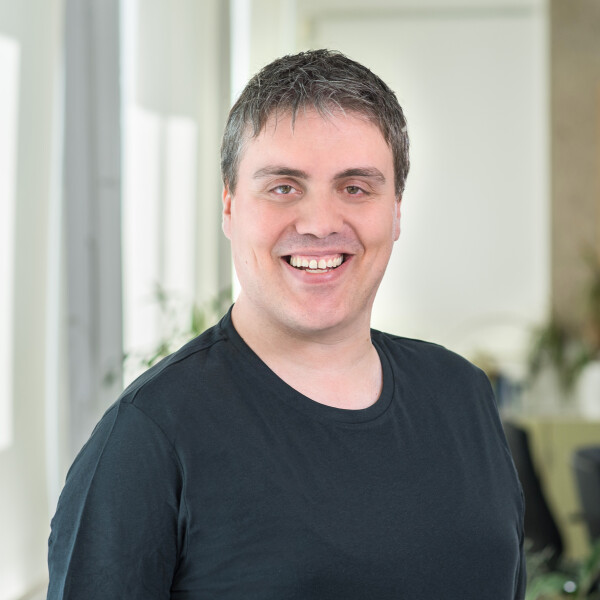
Sebastian Thomas (PhD)
Intermediate
Java, C, C++, Pytorch, Matplotlib, Software Engineering, Machine Learning, Deep Learning, Computer VisionExpert
Python, Tensorflow, Keras, NLP, Pandas, Scikit Learn, LatexSebastian studied and received his PhD in mathematics at RWTH Aachen University, specializing in abstract homotopy theory. As a lecturer, he held lectures and tutorials at TU Dortmund, at C.v.O. University of Oldenburg as well as at his alma mater, in particular for computer science students. Since his school days, he has also had a passion for languages. From these experiences and interests Sebastian developed strong competencies in computer science, machine learning and NLP, which he uses to support dida’s machine learning team.
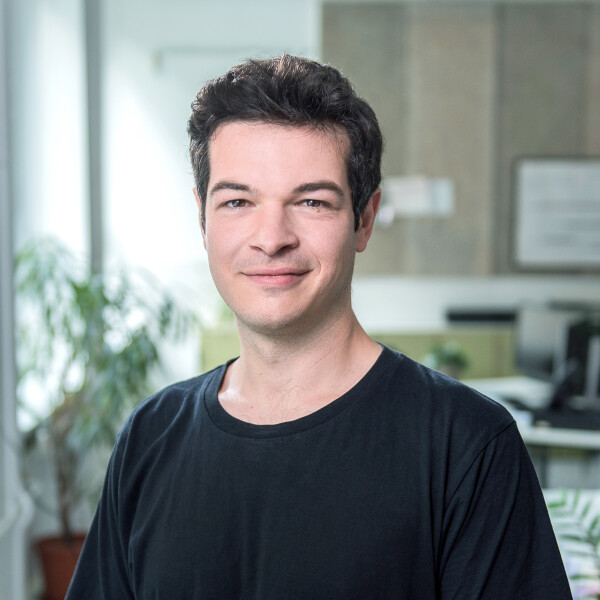
Petar Tomov (PhD)
Intermediate
Java, NLP, Computer Vision, Reinforcement LearningExpert
Python, ABAP, Tensorflow, Complex Dynamical SystemsAfter his studies (LMU München) and PhD (HU Berlin) in theoretical physics, Petar worked for several years as an IT consultant with projects at different DAX companies. In the last years he developed his passion for machine learning and specialized in this field. Petar is supporting the machine learning team as a developer and project manager.

Maximilian Trescher (PhD)
Intermediate
Software Architecture, Scipy, SQLExpert
Python, Java, Numpy, Pandas, Solid State PhysicsAfter his studies in physics (FU Berlin, UPMC and ENS Paris), Max obtained his PhD in theoretical quantum and solid state physics (FU Berlin). His knowledge in scientific programming has been complemented by experience in software architecture and development through his work in the software industry. At dida he works as a Machine Learning Scientist at the interface of science and software development.
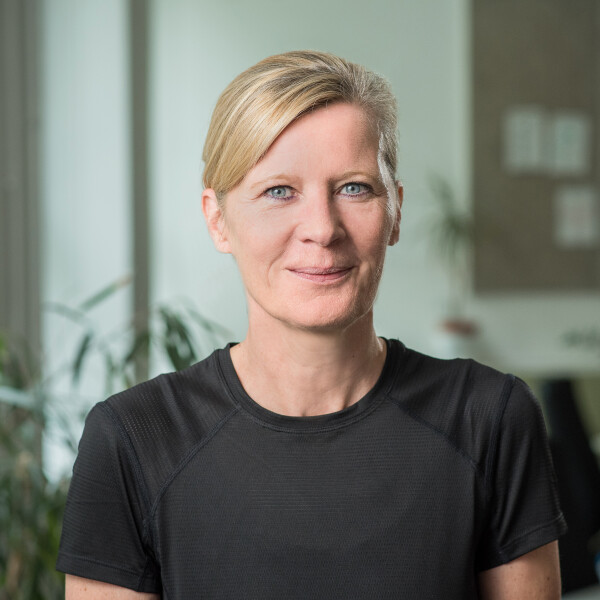
Iris van Baarsen
As a graduate in business administration, Iris has many years of professional and management experience in the field of human resources. She has worked in large and medium-sized companies and is responsible for recruiting and organizational development at dida. In addition, she has been working as a business coach for more than ten years and supports dida in individual topics.

Isabell Vorkastner
Intermediate
Python, Deep LearningExpert
Probability Theory, Analytical Problem SolvingIsabell earned her PhD in stochastic analysis from TU Berlin and subsequently pursued a postdoctoral position. Seeking a more practical and impactful direction, she transitioned into the field of machine learning. At dida, she works as a Machine Learning Scientist, leveraging her expertise to contribute to innovative solutions.
